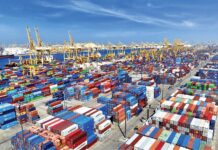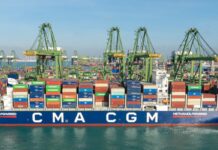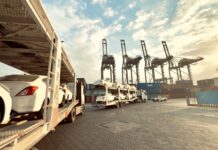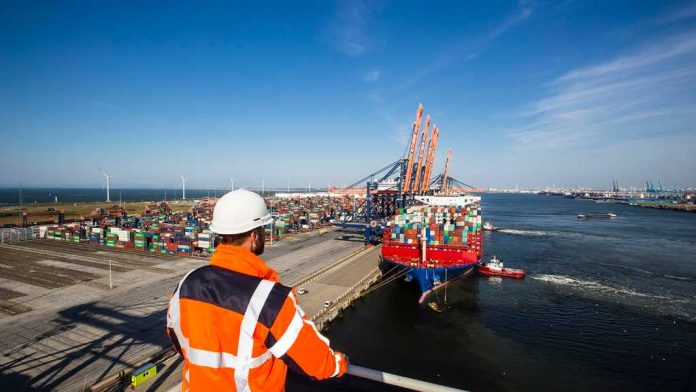
The port of Rotterdam achieved a throughput of 218.9 million tonnes in the first six months of 2020, 9.1% less than in the first half of 2019, which was a throughput record at the time. Despite the disruptive impact of the COVID-19 pandemic on the economy, production and logistics, the port of Rotterdam remained 100% operational. The economic impact of the COVID-19 pandemic is the primary factor explaining the decrease in volume.
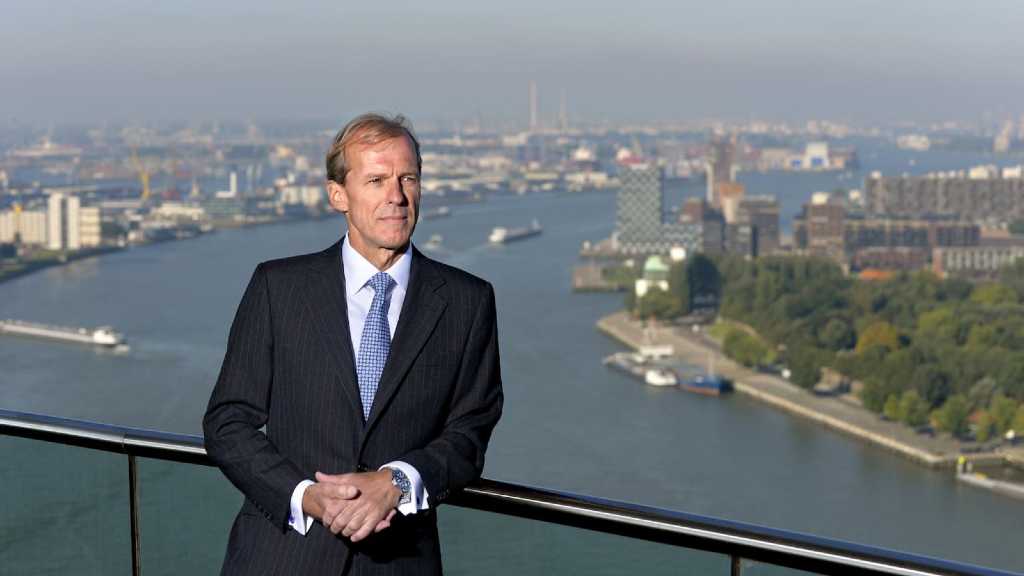
Allard Castelein, CEO of the Port of Rotterdam Authority: ‘The Dutch economy and the port of Rotterdam are dependent on developments in world trade. The negative economic impact of the COVID-19 pandemic is being felt worldwide. It should therefore come as no surprise that throughput volumes in the past six months were considerably lower than in the same period last year. On the positive side, the throughput volumes in the second quarter turned out to be better than initially expected. Nevertheless, it is not in Rotterdam’s nature to sit back and watch. That is why the Port Authority has conducted a review to determine which public-private investment projects can be accelerated. In that way, the government and the port of Rotterdam can team up to further the sustainability of the economy, while giving it a kick-start at the same time.’
Developments by category of cargo throughput
Dry bulk
The throughput of dry bulk amounted to 30.8 million tonnes, 19% less than in the first half of 2019. Dry bulk accounts for 14% of throughput in the port of Rotterdam. Falling volumes were seen primarily in the throughput of iron ore and scrap (-22%) and coal (-34%).
The steel factories that use the port of Rotterdam for the supply of ore are producing much less than usual. Demand for steel fell sharply from March onwards as a result of production stoppages in the automotive industry and construction.
A low gas price meant that more gas and less coal was used for power production. In addition, favorable weather conditions meant that there was an increase in the available wind energy, reducing the need to switch to coal-fired power stations.
There was a sharp increase in biomass (+109%) due to the continued rise in co-firing in power stations.
Liquid bulk
Liquid bulk throughput amounted to 99.8 million tonnes. That is approximately 10 million tonnes less than in the first half of 2019, a fall of more than 9%. Liquid bulk accounts for 46% of throughput in Rotterdam. The throughput of mineral oil products fell sharply (-22%). In the case of crude oil, the fall was only slight (-4%) and LNG throughput actually increased slightly (+2.6%). The throughput of other liquid bulk in the first half of the year matched the level of last year.
The fall in the mineral oil products category related mainly to fuel oil.
The throughput of crude oil declined primarily because of falling demand. As a result, some large refineries were operating at less capacity than usual.
The COVID-19 pandemic led to a further drop in the gas price, making it appealing to use LNG from the North Sea and the Atlantic Ocean for power production in Europe.
Containers and break bulk
Container throughput was only 3.3% down on 2019 (in tonnes, 7% in TEU). That is 2.5 million tonnes less cargo. Shipping companies canceled up to 20% of all their services in May and June. The decline in throughput was nevertheless less pronounced due to the increased call sizes of vessels calling at Rotterdam. The number of empty containers was considerably lower than in the same period last year because imports of containers from Asia have fallen while exports have actually risen.
Break bulk fell by 11% in the first half-year. RoRo throughput was 12% lower. Most of the drop was at the beginning of the second quarter when the lockdown was in place in most of Western Europe. Volumes increased again towards the end of the quarter.
อัพเดตข่าวสารและบทความที่น่าสนใจในอุตสาหกรรมโลจิสติกส์ก่อนใคร ผ่าน Line Official Account @Logistics Mananger เพียงเพิ่มเราเป็นเพื่อน @Logistics Manager หรือคลิกที่นี่





